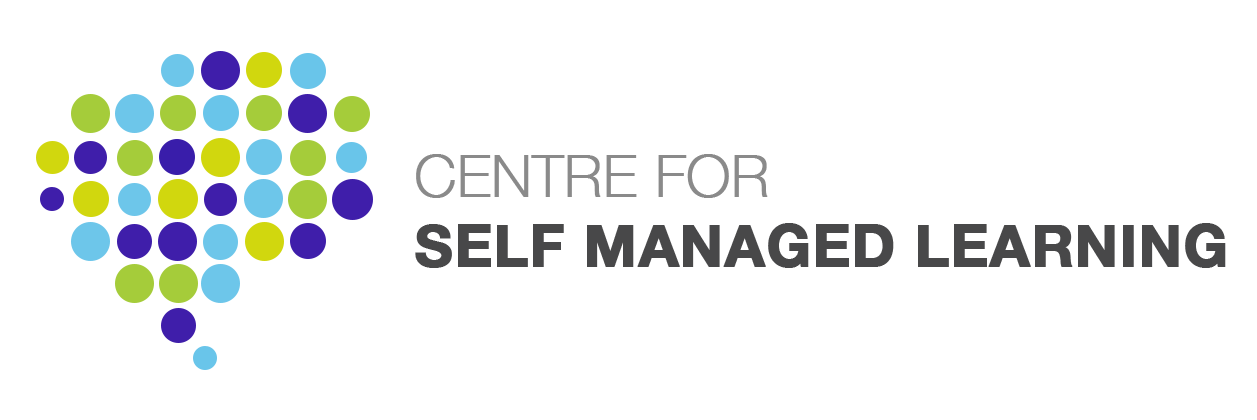06 Jan The Problem with Competences
 The SML Solution
The SML Solution
This contribution is about the use of competency frameworks in management development, drawing from the report of a qualitative evaluation study of a Management Charter Initiative (MCI) competence-based management development programme in the National Health Service (David Holman and Laura Hall – ‘Competence in Management Development: Rites and Wrongs’ – British Journal of Management, June 1996). I made reference to the findings of this study in my piece on ‘Issues in Research on SML’ in the last Newsletter. I said that I felt they were worth examining within an SML frame and that I would do so in this issue.
[member]
BACKGROUND
Holman and Hall note that there has been growing interest in the use of competence based management development over the past five years but few studies have been undertaken to critically evaluate its use in practice. The researchers interviewed participants on an MCI competence based management development programme in a hospital. The majority of those interviewed were Ward Managers who had been called Sisters until their change of title.
Not surprisingly, the findings of the study led to concerns on the part of the researchers about competence driven development processes. The problems highlighted by Holman and Hall were those that, from an SML standpoint, were entirely to be expected.
What follows is an outline of the programme under study, a summary of Holman and Hall’s conclusions and recommendations, and finally a commentary from me from an SML perspective.
THE PROGRAMME
After an initial introductory session, the participants conducted a self audit against the MCI standards which was then repeated with their manager and course tutor. They were then required to work through the standards, collecting evidence for each performance criterion in order to produce a portfolio for external assessment. Portfolio support groups of about ten people met every four weeks in order for participants to discuss, either with each other or on an individual basis with the course tutor, difficulties they had encountered. In addition there were fourteen traditional taught sessions on a range of topics.
STUDY CONCLUSIONS
‘Tick box’ approach
On the basis of their evaluation, Holman and Hall conclude that ‘… the use of MCI standards within management development must be seriously questioned’ and that ‘Many of the concerns first voiced about this type of approach appear to have been validated’. Specifically they propose that no more than a ‘tick-box’ approach is contrived when competences are central to the development process and require externally directed assessment and the collection of evidence against narrowly defined criteria.
Using what they call a ‘traditional’ evaluation approach (to ascertain the amount of behavioural change or competence development), the difficulties that participants experienced in interpreting the language of generic competence were highlighted. The main tangible change identified was associated with participants becoming more organised. This is interpreted as an ‘… artifact of collecting evidence for assessment’.
Unintended outcomes
Holman and Hall also considered the activities of participants within the wider context of strategic and cultural change in the NHS. They did so to try to explain the apparent contradiction between the bleak picture of the programme’s effectiveness and the fact that, none the less, all participants interviewed reported that they had benefited from and enjoyed the programme.
They attribute this to participants’ redefinitions of their identities as organisational members; a consequence of the programme’s unintended function of providing them with a ‘rite of passage’ from clinical to managerial roles. Redefinition of their identities involved them in adopting a new language of managing to interpret their activities.
On the one hand, this was linked with valued gains in confidence which led to feelings of being better able to handle organisational politics – ironically, one of the factors identified by those first voicing concerns about the MCI approach to be important in managing but difficult to describe or reduce to behavioural language! On the other, the process of adopting a new language for their managerial practice became no more than an end in itself, rather than with the aim of assisting them to challenge or change that practice.
Theory v Practice
The researchers see MCI standards as a model of management which inevitably fails to reflect users’ experiential reality or to recognise that learning is a collaborative process and negotiated between learners and with others in the organisation. Thus MCI (and, one might add, any list or framework of competences) can be considered to be another theory of management, – an abstraction from practice. They conclude that what needs to be accounted for is the learning process by which managers come to interpret theory within their own practice and how they can base their development on their own understanding.
In expressing their belief that their study has validated many of the concerns first voiced about the MCI approach they propose that MCI might have asked – ‘Given the body of management knowledge, what activities can aid mangers to gain a better understanding of their practice on which they can base their development?’
SELF MANAGED LEARNING
Of course, all these required ‘activities’ can be provided in SML, through the process of mapping and the structures of the strategic learning contract and learning group.
The clear distinction in SML between map and territory puts theory in its proper place. The meaning of any language used to describe or explain managing, or anything else for that matter, comes from its context of use. By adopting this distinction, lists of competences or qualities (call them what you will) that are organisational or role specific, or even generic, can then have considerable value where they contribute to the mapping process, diagnostic activities and the iterative development of a strategic learning contract with the support of a set. These provide an explicit and legitimate context for the desired challenge to managerial practice to occur and the practical means to achieve what Holman and Hall identify as the need for a more ‘balanced approach’.
Within SML, competences would be regarded as ‘… tools which can be used, recycled or discarded and therefore understood as more ambiguous and open to personal interpretation’. I would also add, without having to dispense with assessment. Assessment starts with the person from their own judgements about their progress in achieving intended learning and change.
It might be of potential value to collate and debate the use and integration of such lists or frameworks in mapping – also perhaps to engage in some creative thinking in this area. If other Network members have experiences or new ideas to share, I would be pleased to hear from them.
Ben Bennett
[/member]

